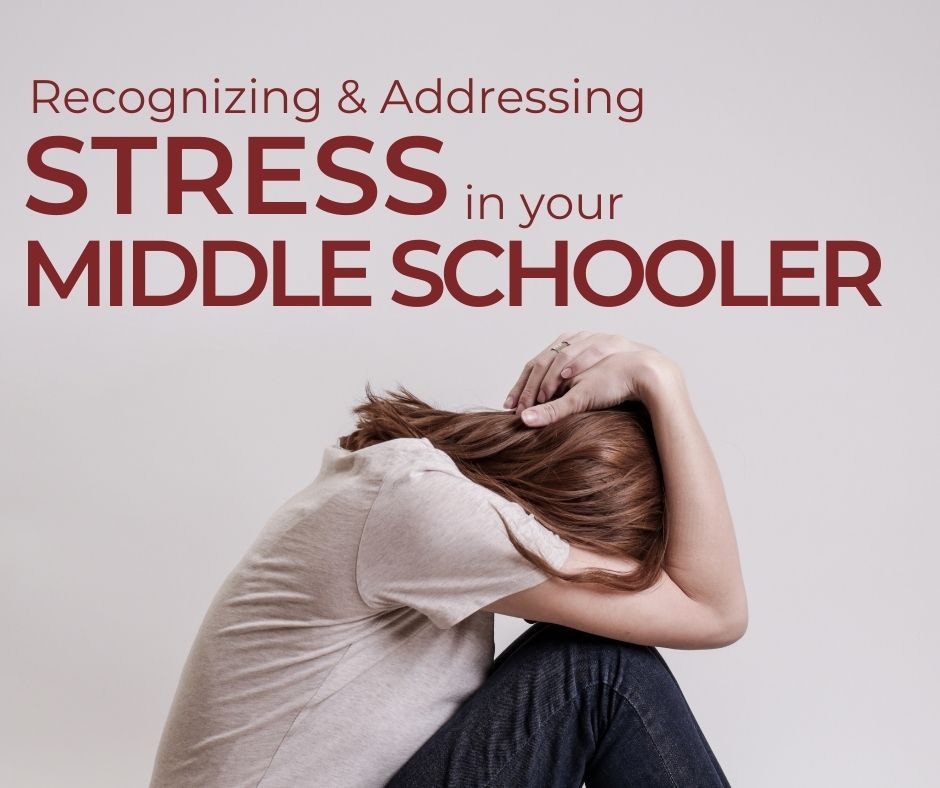Five years ago at the Wellington School, we started to question deeply one of the most basic premises of educational policy held here in the state of Ohio and in our country. We questioned the extraordinary reliance on minimum standardized testing as the only widely recognized measure of success in education. Indeed, we were not the only ones. Professor Daniel Koretz from the Harvard Graduate School of Education said it this way: “The pressure to raise test scores has become so strong that testing often degrades instruction rather than improving it. Many parents have encountered this — large amounts of teaching time lost to test prep that is boring, or worse.” Many parents agreed, wondering whether test prepping was good for their children.Was the OGT, the PARCC, or the AIR testing getting at what most mattered?
As Wellington considered this issue, we remembered that more than a generation ago President Ronald Reagan's National Commission on Excellence in Education decried the state of education at that time. Its landmark report, A Nation at Risk, stated that if “an unfriendly foreign power had attempted to impose on America the mediocre educational performance that exists today, we might well have viewed it as an act of war.” The report went on to warn against the use of minimum standards in both curriculum and testing. Yet over 30 years later, in 2014, the United States was doubling down with $1.7 billion a year on high stakes standardized testing. These tests captured only a thin slice of educational performance—basing decisions about students, teachers, and schools on students’ ability to fill in the proper bubble. Surely we had higher aspirations for our children, teachers, and schools!
One of the conclusions we reached was that schools and educators had a higher obligation than just simply teaching students the right answers to a prescribed set of test questions. We concluded that we had an equal or even greater obligation to kindle the fire of learning in each and every student. Rather than simply teaching students facts and processes, we strongly believed that we had a responsibility to inspire, to kindle a love of learning. By so doing, we would leave students hungry for more learning, which, in turn, would lead students to more thoughtful, courageous, and meaningful lives.
In order to do this, we concluded that we must measure student engagement, which was a crucial factor not being considered in schools in America.
We defined engagement as the intersection of two phenomena for students: that they find their work authentically challenging and, at the same time, they love the work that is challenging them. When these conditions exist, we believe students are impelled to do their best work, and when they are finished, are most likely to be hungry for more.
We then devised a method for measuring student engagement for every student in every class. We wanted to be able to use the resulting data to improve student engagement. We also wanted to be able to report to parents and other constituencies how successful we were in this endeavor.
With this in mind we believed that we could more fully capture the long ignored conclusion of A Nation at Risk. The report stated that “our goal must be to develop the talents of all to their fullest. Attaining that goal requires that we expect and assist all students to work to the limits of their capabilities. We should expect schools to have genuinely high standards rather than minimum ones, and parents to support and encourage their children to make the most of their talents and abilities.”
The tool we developed at Wellington, the Wellington Engagement Index, is now used in more than 50 schools across the nation (including Worthington Christian School). Together we have started to work to change the conversation in education in a deeper and more rewarding direction.
While in pursuit of career, spiritual advancement, and scholarship, don’t we, as parents, want to support the promise of engaging students?
/Logos/Horizontal%20Academic%20Logo%20for%20Light%20Backgrounds.png)
/Logos/Horizontal%20Academic%20Logo%20for%20Dark%20Backgrounds.png)




